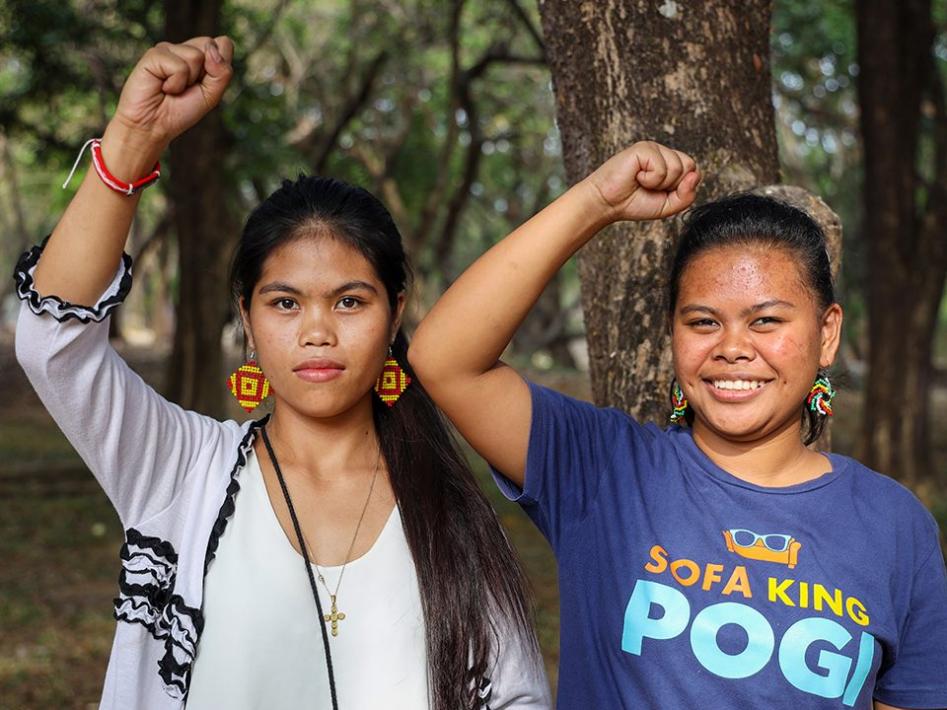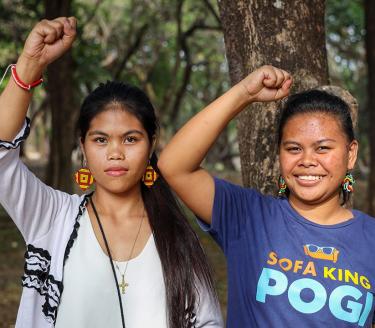Freedom of religion or belief in the government’s new strategies


For more than ten years, SMC has ensured that Swedish foreign policy and development assistance policy considers religious actors and freedom of religion or belief as essential parts of the work on democracy and human rights. We will continue to do so.
We see how seriously target groups of our member organisations’ local partners, from religious and non-religious backgrounds, are affected when freedom of religion or belief is violated. These violations also affect their democratic space. We also know from our own experience and research that religion and religious actors play a vital role in how societies develop. Therefore, working for freedom of religion and religious literacy are key competencies for professional development, cooperation, and diplomatic work.
We have previously seen several foreign policy declarations and foreign ministers emphasise the importance of religion, the persecution of religious minorities, and freedom of religion, including in debate articles and on social media. However, regardless of the government’s color, these statements have never before been translated into concrete governing strategies or guidelines. This, in turn, meant that neither Sida nor the Ministry of Foreign Affairs had to prioritise the issues in practice. We have had to rely on the knowledge levels of individual officials.
It is therefore welcome that we now have concrete writings on religious minorities and religious freedom in two of Sweden’s strategies for global development cooperation: the civil society strategy and the Strategy for Sweden’s global development cooperation for work on human rights and freedoms, democracy, and the principles of the rule of law 2024—2028.
We and other actors need to continue to follow up and monitor the actual result of this in both the short and long term. Part of that monitoring is about continuing to promote freedom of religion or belief as an important right for all people regardless of faith or philosophy, gender, or sexual orientation—a right equal to all others but often forgotten and misinterpreted.
We are concerned that the persecution of Christians is increasing in many places in the world. Still, we are equally concerned that Muslims, Jews, and other religious minorities are being exposed to threats, hatred, and violence to an increasing extent in Europe, including Sweden. Swedish foreign and domestic policies need to be aligned when it comes to protecting the rights and democratic space of religious minorities.
Would you like to know more about how religion is a factor in development work and is mentioned in the strategies? Here, the expert answers the three most common questions.


Our work
We believe in human rights and work for dignity for all
With special knowledge of religious freedom and the role of religion in society, we arrange events and workshops to learn from each other’s differences and advocate for a better world. We also distribute funds from Sida to several of our member organisations’ development cooperation work with local partners in over 50 countries.
